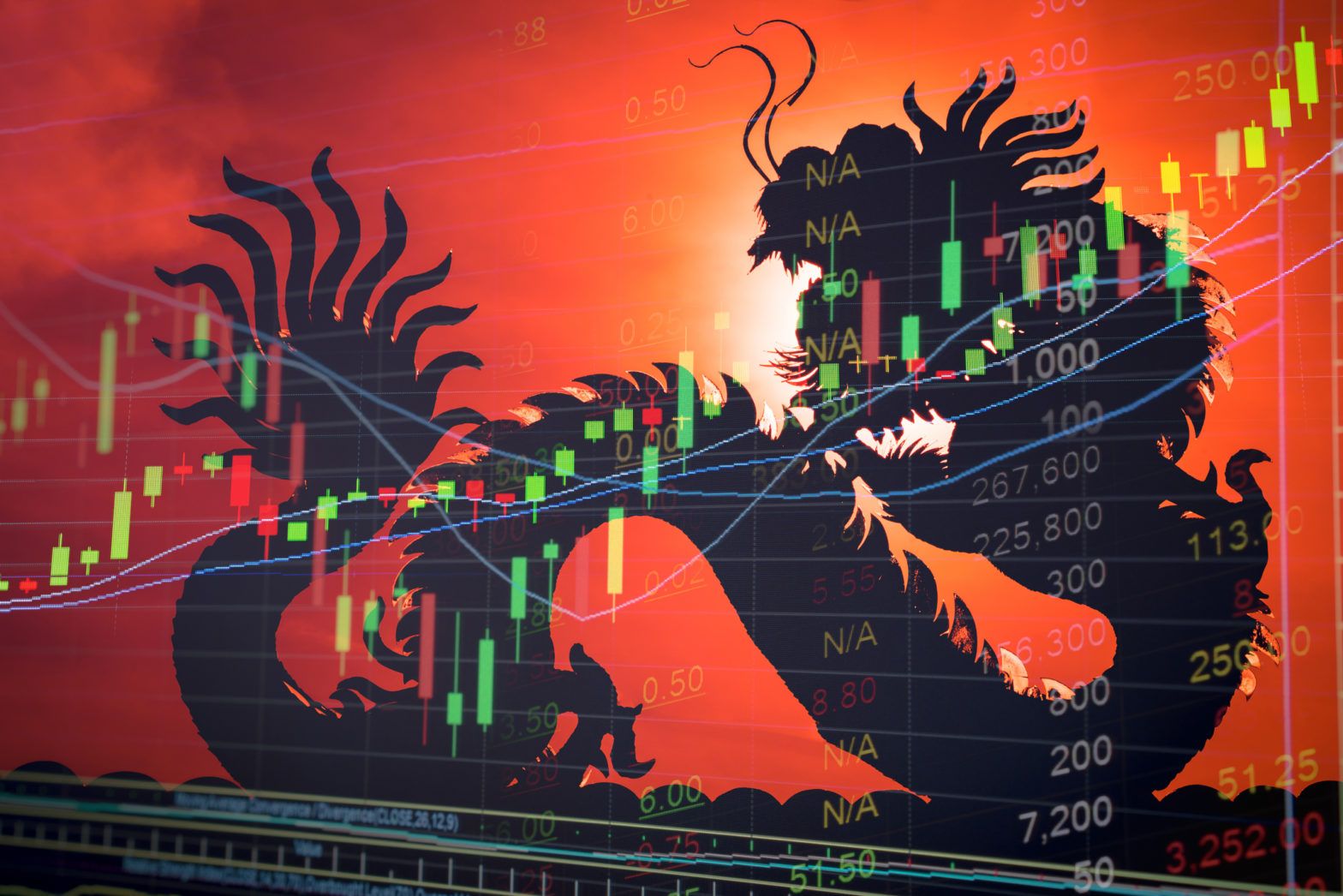China seems to condense a wide range of fears, but why is that?
Gergely Majoros, a member of Carmignac’s Investment Committee, points to the government imposing tougher regulations on specific segments of what is known as the new economy, which is fuelled by consumer spending, new technology, healthcare and even the green revolution.
But he stresses that, although the latest measures are far tougher than similar moves seen in 2015 and 2018, the rationale behind them is to provide a lasting fix for imbalances like market dominance, social inequality and insecure working conditions.
But are the government measures why specific Chinese share prices have fallen?
Majoros believes the new policy has definitely affected Chinese equities and says the fears sparked by the regulatory crackdown raise a number of questions.
Do investors have reasonable grounds to expect that, to ensure ‘common prosperity’ or in the interest of the strategic rivalry in high tech between the US and China, the decision-makers in Beijing are willing to permanently weaken the country’s top internet groups?
Do they really imagine that the government will attack private property and the structures established to enable Chinese firms to offer shares abroad?
“Our answer to both questions is emphatically ‘no’.”
His reasoning is that those concerns are totally at odds with the government’s strategic and necessary aim to gradually open up China’s capital markets.
Political risk
However, with regulatory scrutiny getting tighter, don’t investors have legitimate grounds for expecting higher political risk in China?
Not in Majoros view: “Most of the measures announced are still consistent with the Chinese Communist Party’s long-range goals and ambitions like ensuring ‘common prosperity’ and tackling market dominance.”
He adds: “The current skittish attitude towards China has driven down a lot of Chinese share prices, including companies that weren’t directly targeted by the new measures, for example, those operating cloud services and data centres. The result is that many companies are now attractively valued when compared with historic P/E ratios and their US peers.”
Seiha Lok, quant equities portfolio manager at CPR Asset Management agrees that valuation moves have been considerable. “The MSCI China index which measures China onshore and offshore listed stocks is down 7.5% in EUR terms and underperformed the MSCI World and US index by almost 30% this year. The gap is huge.
“In terms of valuation, the big tech companies are trading at a 10-year low and the market is trading at a five-year low compared to its US peer. Valuation looks attractive but we remain cautious in the short-term and wait for further clarity. Some reports suggest further policies which could add pressure on the market.”
Majoros accepts that there is reason for a degree of caution but that investors should also look to benefit from opportunities.
“We believe that China is still a market worth investing in – provided, of course, that you proceed selectively. And considering the pace and orientation of the latest government announcements, this new regulatory environment should gradually improve.
“That will enable investors to start factoring in all this new information and see for themselves that a number of Chinese companies are quite attractive indeed.”
Preferred sectors
While Lok agrees that valuations might look attractive, picking out sector preferences is not easy.
“Banks and material construction sectors look attractive but the banking sector has been undervalued for many years now.”
He adds: “Green energy and EV are a hot topic with China planning to be carbon neutral by 2060 and look to be immune to the noise. But many stocks linked to this theme are trading at the upper range of their historical valuation ratios.”
Healthy private sector
On a more general theme – linked to the earlier point about ‘opening up’ – is the Communist party truly supportive of a healthy private sector in China?
Majoros believes the party’s eagerness to foster a healthy private sector in China is evident. He references numerous statements by government figures over the last few days underscoring how important the Hong Kong Stock Exchange is to China and clearly indicating that Beijing has no intention of putting a stop to the listing of Chinese companies in the US.
Lok sees things slightly differently. “The Communist Party aims for social stability which requires a better distribution of wealth. Its focus is on improving the standard of living of all Chinese people. This requires an increased role for the party in order to regulate and better support this new phase of development.”
The Chinese government is pragmatic, according to Lok, and has relied on entrepreneurial freedom and the dynamism of the private sector to develop new markets (such as internet platforms), but the party is now regaining control.
He concludes: “President Xi wants to develop a new stock market for innovative small and medium size enterprises. This can represent an interesting investment opportunity, if foreign investors have an open door to this new market. But we must keep in mind that the party is now present in most companies, including the private sector… Can we still speak of a healthy private sector?”







